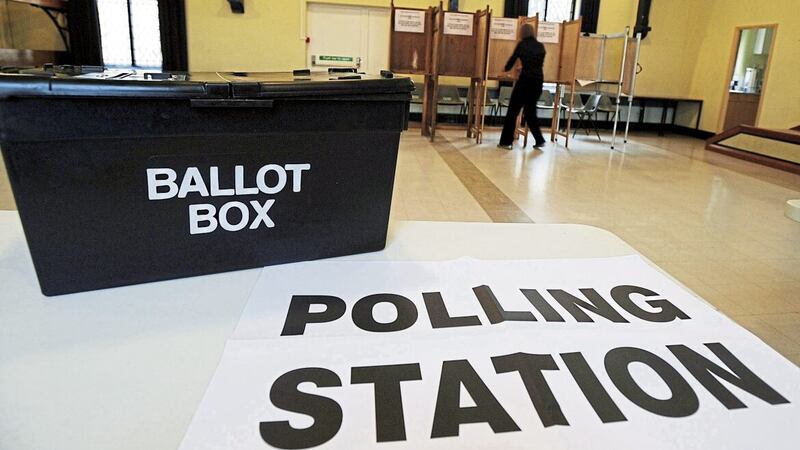IN May, we held our Assembly election and 63 per cent of us went out and cast our ballots to decide which 90 people would represent Northern Ireland for the next four years.
Whilst it was great to see the turnout at a relatively healthy level by our standards, as an election nerd, I cannot help but wonder what might have been if the 37 per cent who did not come out to vote, did so.
On the other side of the world, Australia also went to the polls that month and, unlike us, they have a compulsory voting system. Every citizen over the age of 18 is required to turn up at a polling station and either cast a valid vote or take the opportunity to protest by spoiling their ballot.
Those who fail to do so without a valid reason are fined 20 Australian Dollars (around £12). The result down under? A turnout rate of just under 90 per cent.
You read that right, nine out of every 10 voters took a few minutes out of their day to go and show up at the polls. Pictures on election day showed queues of people lining up to exercise their democratic right. The world was treated to images of the famous polling station barbecues, candidates rushing to finish last-minute campaigning in very hot weather and beach-goers at Bondi voting in their budgie smugglers.
In Northern Ireland, we simply have too many people who are not showing up at the polls. We can do better and here is why compulsory voting provides part of the answer to our democratic deficit.
The big argument in favour of compulsory voting is that it substantially diminishes the “politicians don’t speak for us” argument that you hear relayed across our media by a frustrated set of angry citizens who lament the decisions made by members of our political class.
I am not arguing that apathy does not exist in places like Australia, but when you hear people taking such pride in their choice to opt out of voicing any meaningful opinion about who governs us, there has to be an effective way to tackle this corrosive attitude.
Citizens in a democracy shape and direct their future; they are not bystanders in this process. Your vote is a powerful tool in society and getting more people into the polling station is something that can only benefit our community in the long term. Political education is not about getting everyone to think the same way; it is about getting people motivated to know why they matter in a democracy.
How about the times you hear politicians talking about issues that you think seem alien to your socio-economic concerns? Compulsory voting can also stop a focus on what can be regarded as fringe issues.
Every party tries to tailor messages to those who will vote on election day. This is true across western democracies from the UK to the United States. Parties spend fortunes on “get out the vote” campaigns with targeted messaging that will motivate those who are politically engaged to come out and vote.
Creating a system that encourages the great majority of voters to come out and make their voices heard will end this.
Quite often in Australia, you hear talk about the need for the mainstream parties to have policies that speak to the great majority and target issues to campaign on that most voters, rather than fringe elements, care about.
From ScoMo to Albo, Australia’s leaders can say with authenticity that they speak for their country.
The recently opened Australian Parliament is comprised of MPs and Senators that have broad mandates from the community. This system has wide support from the left to the right and since its introduction in 1924, nobody is rushing to change it. In fact, in recent years, the country has moved to make voting more accessible and open for citizens to take part.
I support this system because your vote, whether it is spoiled or valid, is a powerful thing. All of us are compelled through law the do things for the civic good, what is more, fundamental than this?
It will not solve all our problems and there are more areas to examine and fix. The 37 per cent of people who did not vote on May 5 are not part of our dialogue or debate. Maybe if we heard their voices, our assembly would look a lot different.








